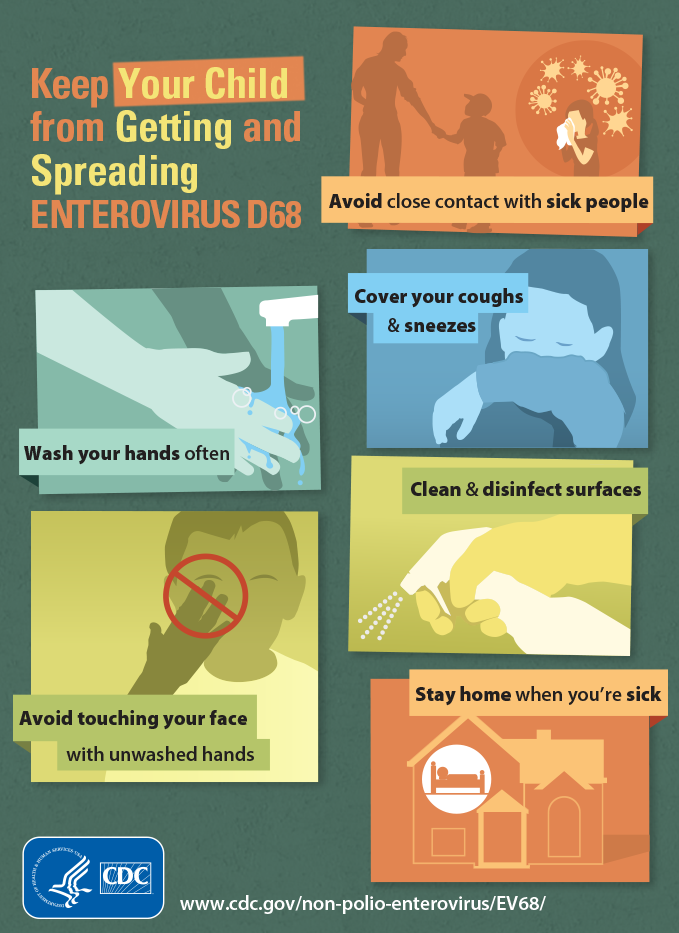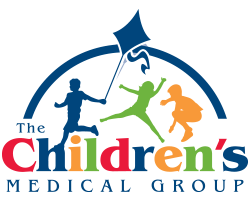In parts of the United States, the CDC is reporting increased activity of severe respiratory illness, which has sent hundreds of children to the hospital in the Midwest. Tests have found that cases are from a type of enterovirus, a common virus that usually causes mild respiratory illness, but that can become severe in some individuals.
Enteroviruses cause about 10 to 15 million infections in the U.S. each year, typically increased in the fall. The current outbreak appears to be associated with more severe disease.
Who is at risk?
Like the common cold, anyone can become infected with enteroviruses, and many people will have either no symptoms or only mild symptoms. According to the CDC, infants, children and teenagers who do not yet have immunity from previous exposure are more likely to have serious illnesses. Infants and children with a weakened immune system have a greater chance of having complications.
How is it treated?
Most people infected with an enterovirus will need supportive care for their symptoms. Anyone who experiences more severe symptoms (like difficulty breathing) should see their doctor or other health care professional. Children who are experiencing asthma-like symptoms may receive traditional asthma interventions.
Children who have previously been diagnosed with asthma should follow their asthma action plans, and communicate with their health care provider regarding yellow and red zone instructions. Of the children with lab-confirmed cases of EV-D68 (the current enterovirus outbreak’s cause), over half have had a history of asthma or wheezing. Therefore, it is particularly important for children with asthma to have their asthma be well treated and controlled.
How is an enterovirus spread?
Enteroviruses are spread by close contact with an infected person, but you can also become infected by touching objects that have the virus on them and then touching your mouth, nose, or eyes.
To reduce the risk of infection:
– Disinfect frequently touched surfaces such as toys & doorknobs, especially if someone is sick
– Avoid touching eyes, nose, and mouth with unwashed hands
– Wash hands often with soap and water for 20 seconds, especially after changing diapers
– Avoid kissing, hugging, and sharing cups or utensils with people who are sick
Stay at home when feeling sick, and consult your health care provider! And remember – the enterovirus is different from the flu!

Source: CMG

